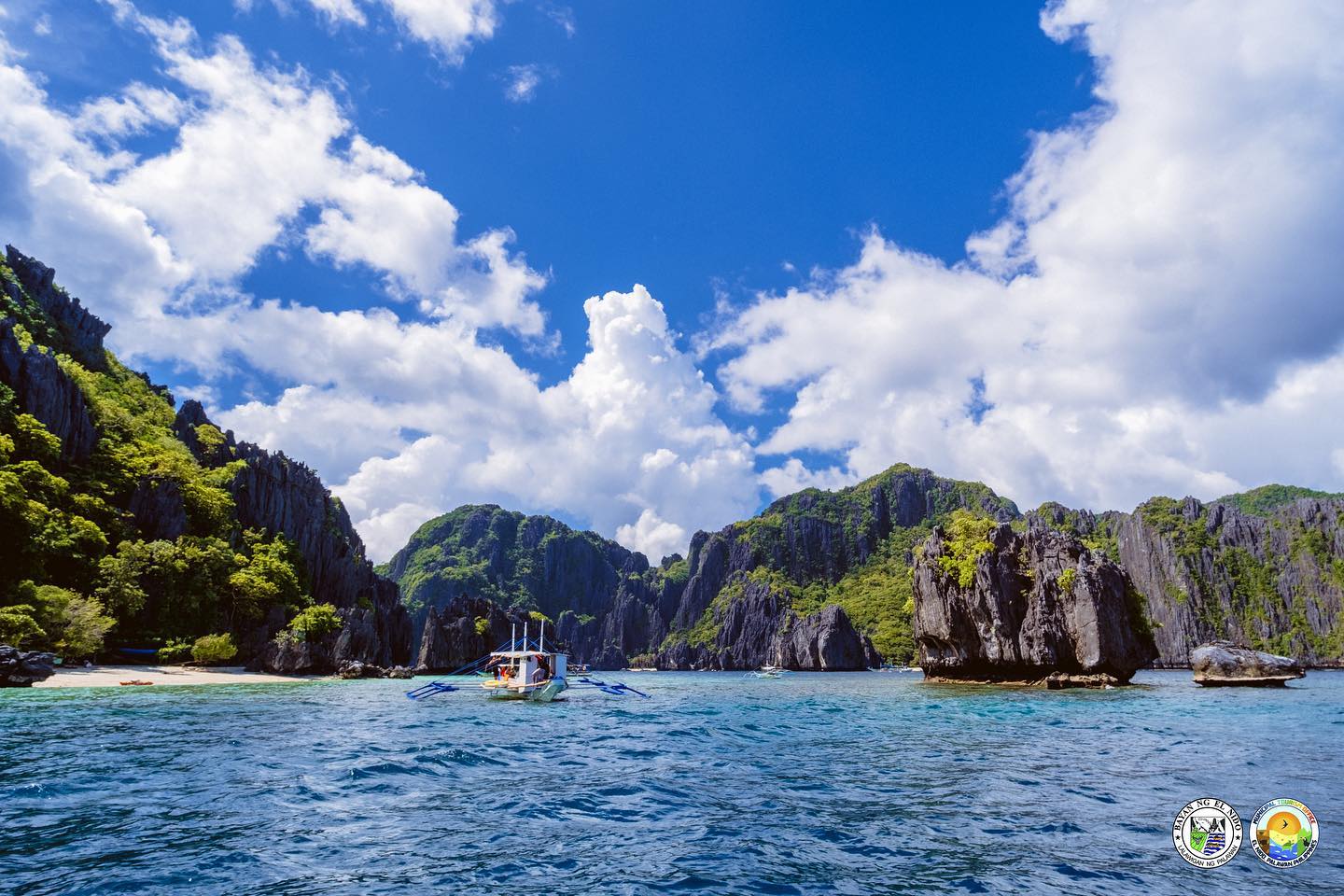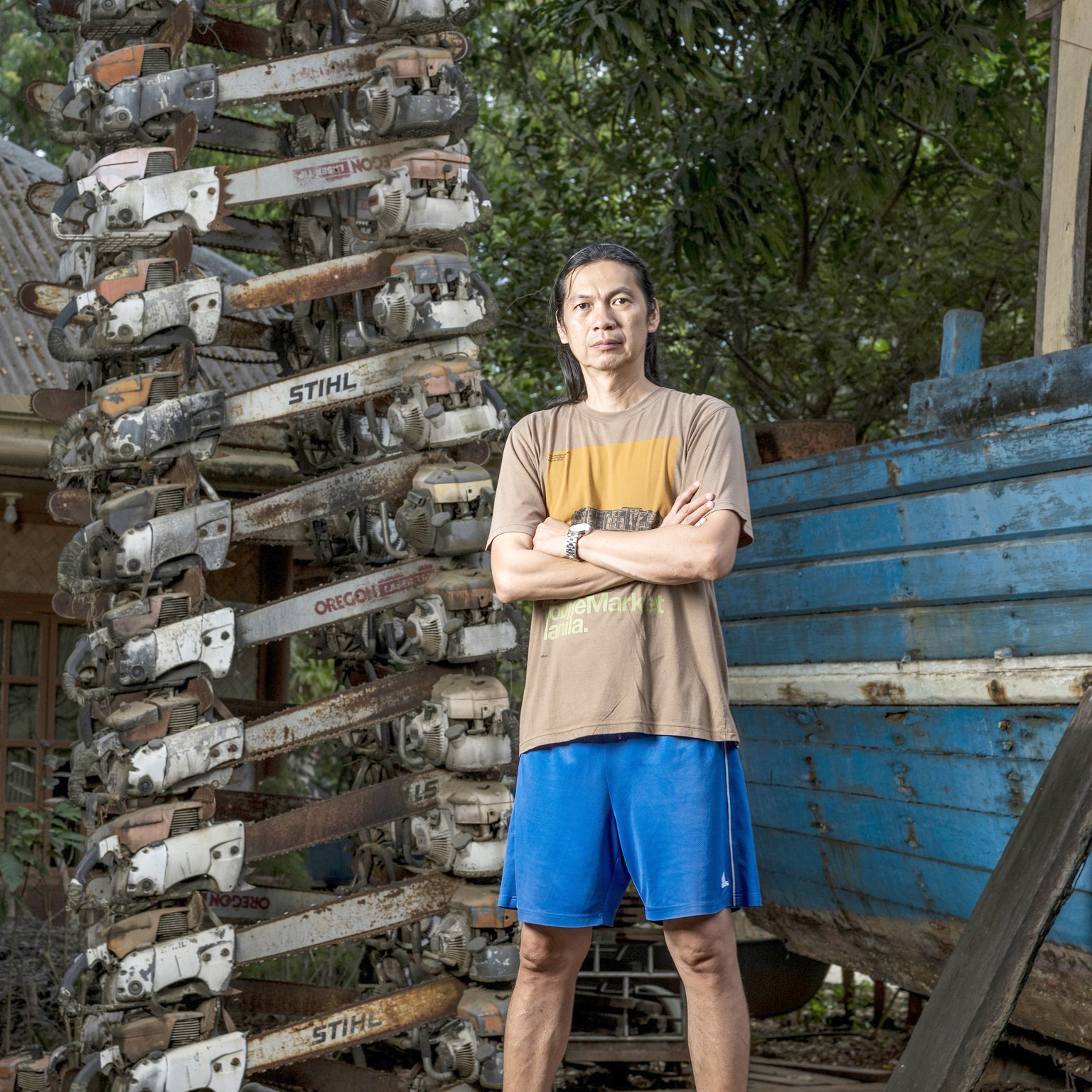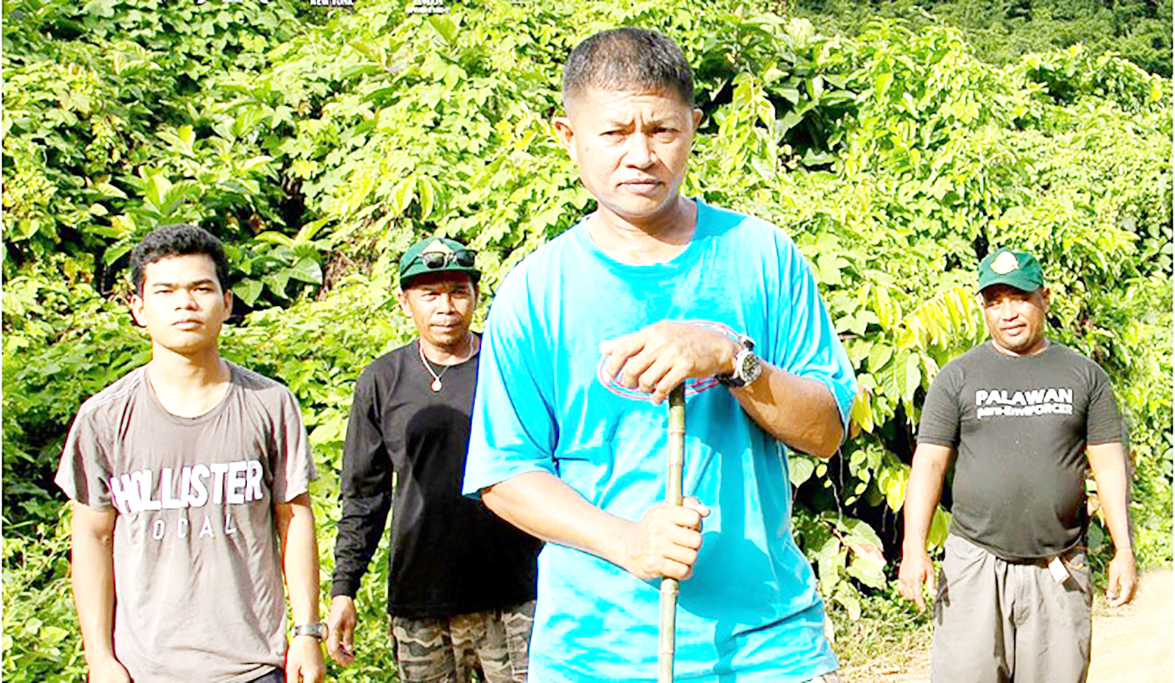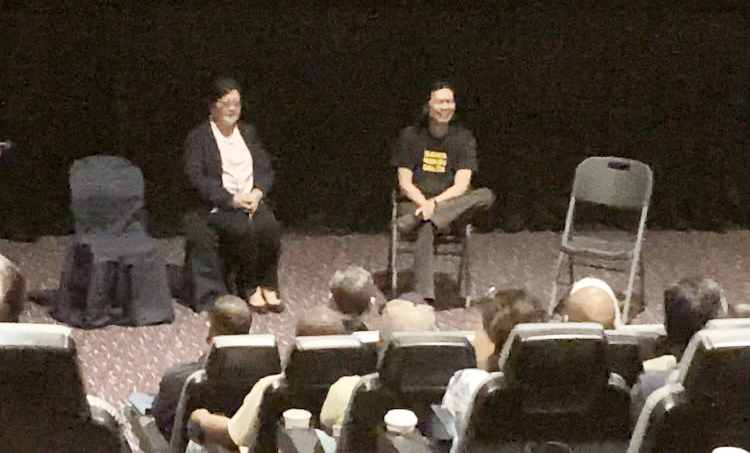The fight to keep Palawan alive
How the Emmy Award-nominated documentary Delikado spotlights environmental justice through the citizens' hands
By Poch Eulalia
At A Glance
- While I was viewing this film, sometimes napapaluha ako kasi hindi ganon ang El Nido noon (I get teary-eyed because El Nido was not like that before). —Nilda Baling

In recent years, places such as El Nido, Puerto Princesa, and Coron have cemented themselves as mainstay summer getaways on the island of Palawan. Tourists from all over try to book trips all year round hoping to visit the island’s pristine beaches and lush greenery. It has also been recognized as one of the best island destinations worldwide by the Travel + Leisure World’s Best Awards. It all sounds wonderful for Palawan but it also poses a problem.
Overtourism, as defined in the Cambridge Dictionary, is a situation wherein too many people visit a place on vacation, spoiling the place and making life difficult for people who live there. In the case of Palawan, illegal logging has plagued the once-undisturbed tropical paradise. To keep up with the high demand from tourists, roads are paved, where forests used to thrive, under the guise of developing key areas for businesses to put up future hotels and resorts. In hopes of protecting what is often dubbed as “the Philippines’ last frontier,” a small group of para-enforcers has decided to take matters into their own hands as seen in the Emmy Award-nominated documentary Delikado.

Delikado centers around three key figures fighting to keep the environment of Palawan safe—environmental lawyer and Palawan NGO Network Inc. (PNNI) executive director Bobby Chan, former El Nido mayor Nieves Rosento, and land defender Tata Balladares. The first reveals how he leads a small group of para-enforcers, of which Tata is a member, to confiscate the items being used by illegal loggers and fishers. It’s a dangerous endeavor that can even lead to death, as some of the apprehended loggers and fishers retaliate. For each scene the para-enforcers are seen in action, viewers can feel the tension around the team of unarmed environmentalists going against illegal loggers, who are sometimes wielding guns. It keeps you on the edge of your seat as you root for the group’s success and safety.

Rosento’s story, on the other hand, revolves around her dealing with political slander as she runs for reelection. It provides a glimpse of just how dirty politics can be as the audience is exposed to all the threats, campaign smearing, and alleged vote-buying their team is up against. It’s enough to make one’s blood curl and question why efforts to keep the environment safe are even met with such hostility by those who are supposed to uphold such efforts in the first place.
During a special screening of Delikado at the Power Plant Mall in Makati City, Chan answers questions from the audience along with Nilda Baling from the Department of Environment and Natural Resources (DENR) whose work inspired Chan to start para enforcement. “PNNI, at the moment, is hard up for funds,” says Chan after being asked, what’s next for the PNNI? “If you ask me what the next thing is, what direction we’re trying to take, it’s all dependent on the funds that we (receive). Before we had a lot of funds but when people started dying, nobody would want to fund us because it’s too hostile.”

He also speaks about how most funding agencies’ go-to solutions are programs such as workshops and seminars that do very little in comparison to funding enforcement methods or implementing activities that make broad strides in protecting the environment. “I have nothing against education but we’re already in step five, we’re not taking care of steps one, two, and three. We jumped into a first-world solution when what is needed is a third-world solution of enforcement. We have to implement our laws otherwise they’ll only look good on paper,” Chan says. He also discusses plans of setting up a school someday to teach communities about how they can get together and do outstanding work for the environment.
Meanwhile, Baling talks about how the film affected her. “While I was viewing this film, sometimes napapaluha ako kasi hindi ganon ang El Nido noon (I get teary-eyed because El Nido was not like that before),” she says. “Looking at how fragile El Nido is, I don’t think kakayanin niya yung trend ng tourism development doon kasi looking at it… Ramdam mo na bibigay ang El Nido (I don’t think El Nido can handle the trend of tourism development there because looking at it… You can feel El Nido will cave).
Chan ends the Q&A with a hopeful remark, “We need to bring back God into running our affairs. The sooner we realize that it is not us, but the Holy Spirit in us, that is doing the successful work, the better it is for small miracles like this to succeed.”
Overall, Delikado is an important eye-opener about how Palawan is this close to becoming a lost frontier if illegal activities harming the environment continue. As a direct result of the ongoing destruction of its forests, there will always be people who will take the initiative to go the extra mile to protect it.
For those interested in supporting the advocacies present throughout the film, you can follow the Palawan NGO Network Inc. on Facebook or contact them through [email protected] or their website pnni.org.